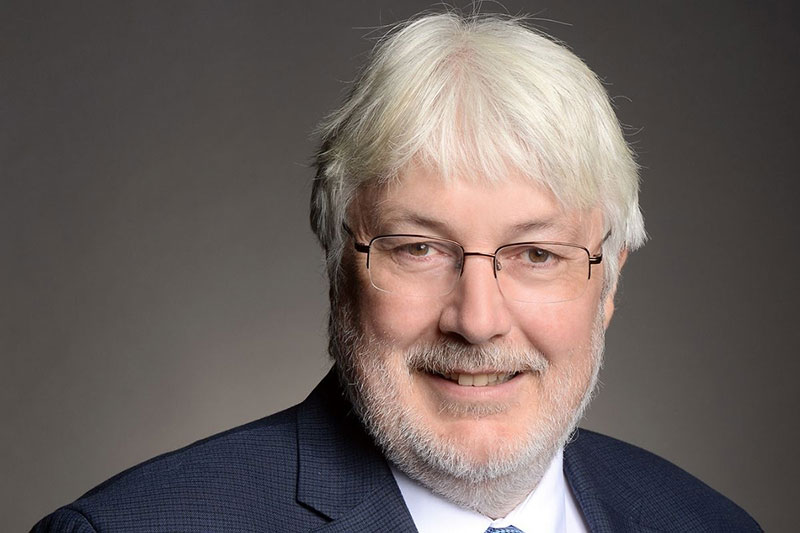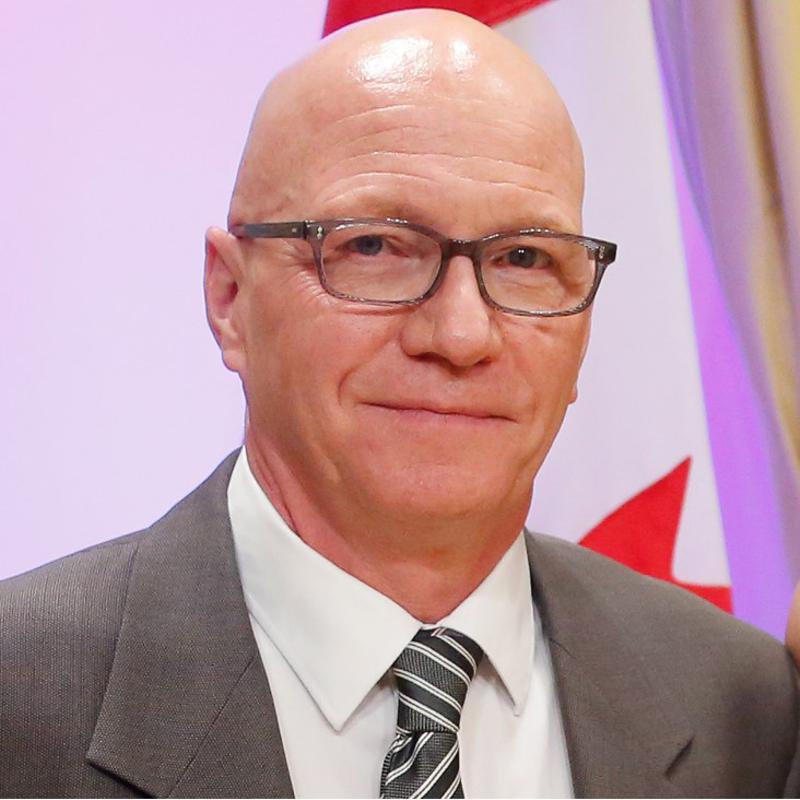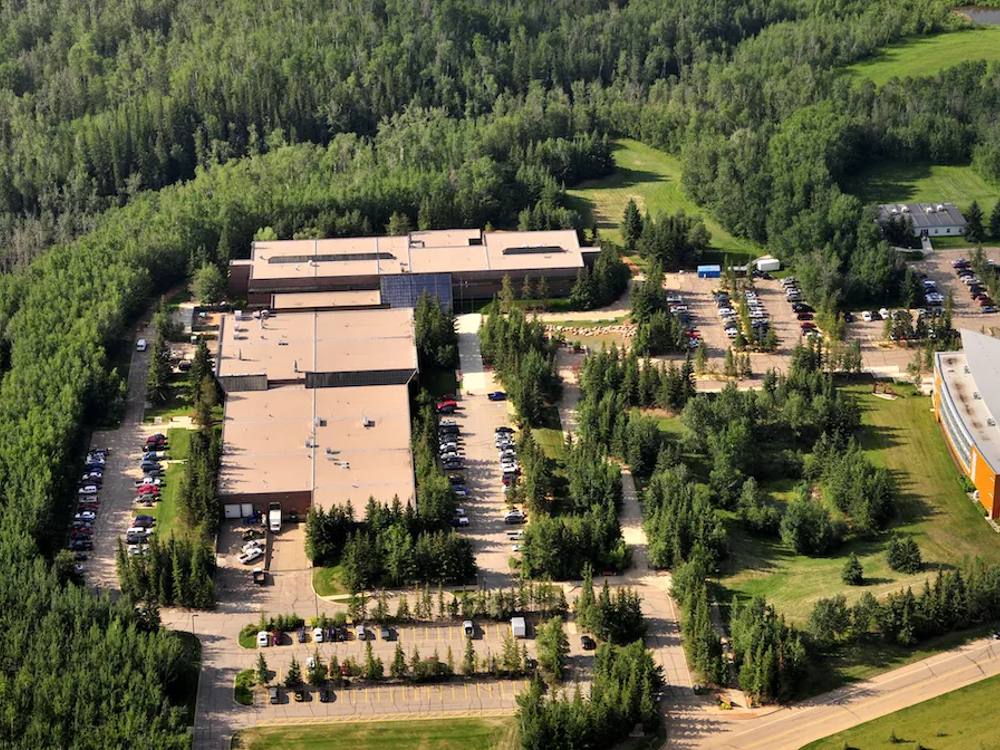Since March, Athabasca University, Canada’s top online university, has somehow evaded attempts by Alberta Advanced Education Minister Demetrios Nicolaides to force hundreds of its staff to move to Athabasca to bolster the region’s economic development.
Having lost patience, Nicolaides recently issued a final ultimatum to the university to abandon by Nov. 30 its near-virtual employment strategy, which allows senior administrators, including the president, professors and other staff to work remotely from across Canada.
Nicolaides has directed that, within three years, 30 per cent of its staff, and nearly half its senior executives, must move to the town 150 kilometres north of Edmonton or he will slash its funding.
But experts in post-secondary governance and distance learning say Nicolaides’ ultimatum is an unprecedented political overreach that may cause the university’s collapse.
“I think this is the most egregious political interference in a public university in Canada in more than 100 years,” said University of Toronto professor Glen Jones. For the past 25 years, Jones has studied post-secondary governance and the relationship between governments and universities in Canada and internationally.
“I think it certainly threatens the university’s survival.”
Nicolaides did not respond to an interview request from The Tyee.
Jones was incredulous that Nicolaides thinks he can tell the university’s employees effectively where to live.
“I cannot think of another situation where government is mandating where employees live,” Jones said.
“And essentially expecting the university to not only appoint individuals who will live somewhere, but (the government) will monitor and make choices based on where individuals live.”
Nicolaides letter: ‘I will not entertain further delays’
The Tyee has obtained a leaked copy of the unsigned Investment Management Agreement between the ministry and Athabasca University, and a Nov. 17 letter from Nicolaides to board chair Byron Nelson.
“I require the signed IMA by Nov. 30, 2022,” Nicolaides tells Nelson. “I will not entertain further delays.”
Nicolaides tells Nelson he has proposed changes to the university’s mandate “to reflect the importance of a physical presence in Athabasca.”
The IMA states nine per cent — about $6 million — of the government’s $40 million in funding will be tied to its meeting targets over three years for staff, and executives, to be working in Athabasca.
That translates into 277 staff and 44 per cent of the university’s executives who must be working in Athabasca by 2025.
Even for those who may wish to work in Athabasca, the commute will be too far and they will be forced to either move there or quit. Some would no doubt file constructive dismissal claims.
No other university in Alberta has had its mandate changed or been given a directive that will force employees to work in a specific place.
Sir John Daniel, a world-renowned expert in distance learning, called Nicolaides’ ultimatum “completely stupid” and said, if implemented, it would cause “the collapse of the university in the short to medium term because of the number of [senior executives] who would leave.”
One of those, Daniel presumes, is university president Peter Scott, who started in the job in January.
“Peter Scott's attitude is, ‘I was hired to work for the good of Athabasca University and if I'm told that I cannot do that, and I have to work towards a different agenda, which I don't believe in, then I have got other things to do in my life,’” Daniel said. “And he is a highly, highly marketable property.”
“There is going to be a massive run for the doors and lots of litigation and they are going to be left with a total mess,” Daniel said. “I’m not sure even [university] board chair Byron Nelson would want to handle that.”
Daniel said Nicolaides’ handling of this file has been woefully inept. The minister earlier directed that 65 per cent of the staff — about 500 people plus their families — would have to move to Athabasca within two years. But an expert in rural planning and development told The Tyee in August this would be logistically impossible and would overwhelm the town.
Several senior executives said they would quit rather than move to Athabasca.
The town’s mayor said they never asked for, and didn’t want, that many people to move there. Nicolaides subsequently claimed the 500-employee number was only a suggestion, an opening position in negotiations with the university.
“He is just a small guy who I think is way out of his depth and reacts by just bullying and giving ultimatums and keeping his fingers crossed that people will step into line,” Daniel said.
Daniel is one of several board members, including board chair Nancy Laird, who were fired by Nicolaides earlier this year. They had refused to support his forced staff relocation directive because they didn’t believe it was in the university’s best interest.
Nicolaides replaced nearly the entire board with handpicked appointees. And he has made it clear he expects these new appointees, including Nelson, to do his political bidding. Nelson ran unsuccessfully against Nicolaides for the United Conservative Party nomination in Calgary-Bow.
‘Egregious political interference’
Jones said “Alberta is by far the Canadian outlier in terms of interference and directedness in its higher education system.”
Governments, he said, have a right to provide direction to universities because they are funded by the public. But he said this has to be balanced with the tradition of “institutional autonomy.” A board of governors is supposed to serve as a guard against government interference in a university’s autonomy.

Jones harkened back to a royal commission in Ontario in 1906, called to address the minister’s patronage appointment of University of Toronto professors. The findings of that commission served, in part, as the basis for the University of Alberta Act.
The commission, Jones said, expressed “the notion that the university should be divorced from partisan political interests, and that the government should therefore delegate much of its responsibility to a board.”
But in this case, Nicolaides replaced nearly the entire board specifically to facilitate his political direction of Athabasca University.
“That is why I say this is such an egregious political interference,” Jones said. “The quality of the activities that Athabasca University is engaged with, or will be engaged with, seems to be of a lower priority than the notion of where employees live. And that is, I think, a rather astounding rationale.”
Daniel said Nicolaides views the board as simply “an extension of the government.”
He noted that the new board has yet to meet for the first time. Their first meeting was scheduled for Dec. 9, at which he said they would normally be briefed on the rules and regulations they must follow and their general duty to the university, not the government.
But Nicolaides has directed the board to move its meeting to Nov. 30 so it can meet his arbitrarily imposed deadline to sign the IMA.
“What the board needs to realize is that long after Nicolaides has lost power and is gone, they as a board will be dealing with the essential collapse of the university,” Daniel said.
“Because it has been based for all these years on an open-technology based, virtual approach to students, and also the virtual conditions that the faculty work in and if you stop that, what are you trying to do? It's just not viable to create a little community college in the town of Athabasca on the ruins of that.
“So I hope that the present board members are clear headed, because they're going to be facing a very, very serious challenge as droves of the staff leave.”
Jones said the forced relocation directive “raises very serious issues of sustainability.”
“These are very, very difficult jobs and it's never easy to find an excellent university president. It’s a small pool of candidates that might take over this institution and move it from here.
“So you have got both the loss of leadership associated with that, but equally importantly, the moment that happens you also raise red flags for those who might also be interested in the positions.”
“Would you feel comfortable applying for and working at Athabasca University, given what you've just seen? And would you be interested in becoming a leader within this institution or, or accepting a position here, given the environment that you're now witnessing?”
A top innovator among open universities
Jones said Athabasca University is commonly regarded as a world class open university.
He said the university’s vision to go near virtual was “highly innovative” and “it's an innovation that I think is warranted in a time when we have all just experimented with working from home, and the ability to think differently about the ways in which universities work.”
Yet despite this, Jones said, Nicolaides is saying “not only is your vision wrong, but if you don't change your vision, and you don't change your direction, we will penalize you financially. And if you don't take up our new vision, which is essentially to ensure that the university has a much greater physical presence in a particular geographic location, we will again penalize you for that.
“This is essentially micromanaging an institution to a level I don't think I've seen since the early 20th century when political interference was at a different level.”
Sir John Daniel can’t fathom why Nicolaides would threaten the future survival of Athabasca University when Premier Danielle Smith recently said she views the distance learning institution as critical in her plan to increase the training of nurses to meet Alberta’s desperate shortage.
Daniel said distance learning institutions are particularly well suited to mass scaling this kind of training. Indonesia, he said, used its open university to increase its number of health-care workers by the tens of thousands.
“You can do that with these kinds of distance operations where you can go to scale quickly and ensure that the quality is there,” Daniel said.
“It is a very valuable tool in the hands of an intelligent government. But it's not a valuable tool in the hands of the government that really wants to get back to the 1980s and can't envision a university that doesn't evoke classrooms and people walking into campus.” ![]()

















Tyee Commenting Guidelines
Comments that violate guidelines risk being deleted, and violations may result in a temporary or permanent user ban. Maintain the spirit of good conversation to stay in the discussion.
*Please note The Tyee is not a forum for spreading misinformation about COVID-19, denying its existence or minimizing its risk to public health.
Do:
Do not: